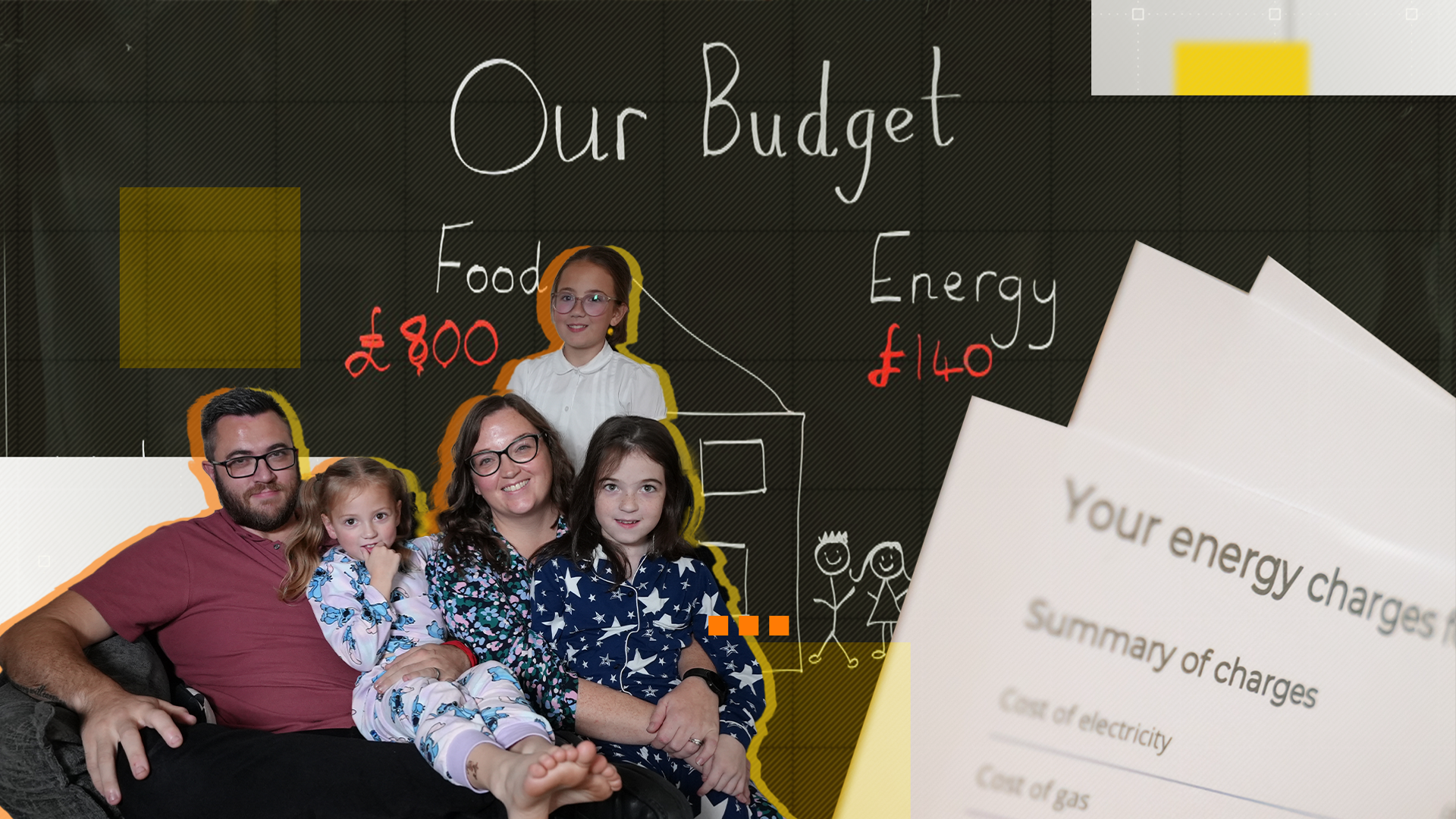
The BDN Editorial Board operates independently from the newsroom, and does not set policies or contribute to reporting or editing articles elsewhere in the newspaper or on bangordailynews.com.
The COVID-19 public health emergency is over. The federal government says so. The World Health Organization says so. Trying to define the end of a global pandemic can be a moving target, but public health experts generally seem to agree that we’ve reached a late stage, if not the end of the COVID-19 pandemic.
Those experts also say that COVID-19 isn’t going anywhere. That’s not being pessimistic. That’s not failing to move on. It’s just a fact, and it’s one to remember even as the U.S. and the world officially move out of COVID-19 emergency mode.
“HIV doesn’t have a public health emergency declaration, tetanus doesn’t have a public health emergency declaration, and yet people stay up to date with vaccinations and treatments,” Dr. Amesh Adalja , senior scholar at the Johns Hopkins Center for Health Security, told NPR recently. “People don’t need a public health emergency to take something seriously.”
Yes, the emergency is over. But COVID-19 is still going to make people sick, and some people are still going to die. The massive emergency interventions from government may be disappearing, but personal awareness must remain. We don’t need an emergency declaration to stay up to date on vaccinations, to take precautions when we are feeling unwell, or to practice good hygiene like hand washing. And we shouldn’t need an emergency declaration to continue caring about other people.
Remember, certain people — like those who are immunocompromised or have other underlying health conditions — might have extra reason to continue taking COVID-19 seriously. As with other stages of the pandemic, people are going to be operating at different speeds given their different circumstances and risks. Empathy and kindness remain critical, as they have been throughout the pandemic.
If you see someone at the grocery store wearing a mask, remember that they could have a health condition that elevates their risk of more severe COVID-19 complications. Maybe they want to take extra precaution from getting sick. Or maybe they had a recent exposure and want to take extra care not to get other people sick. Either way, let’s remember once again that a little grace can go a long way. Former Maine CDC Director Nirav Shah had something similar to say in December of 2021, and it bears repeating even in these different circumstances.
“Rather than being frustrated, rather than being bewildered, my ask is that you approach those folks in your life not with frustration but with grace,” Shah said at the time about people approaching COVID-19 differently. “Recognize that they’re coming at this world — a messy, bewildering world — with a different set of thoughts and values than you, maybe. It can be frustrating, but it’s also a time where grace will get us much further than will irritation.”
Much like the ending of Maine’s state of emergency in 2021, the end of the federal emergency declaration might not make much of an obvious difference in the day-to-day lives of many Maine people. But this bureaucratic change in designation does have practical implications in terms of federal funding, health care access and other areas with direct impact on peoples’ lives. And even as society makes this shift, different individuals will still be shifting at different speeds.











